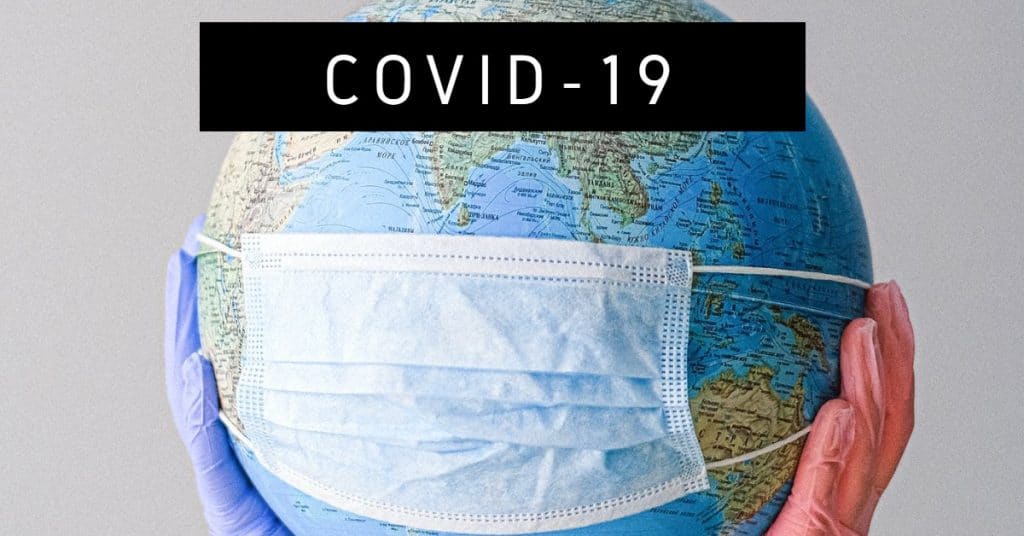Domain name registry has taken action against domain names based on law enforcement requests.

Verisign (NASDAQ: VRSN), the registry for .com and .net domain names, has taken action against some domain names related to COVID-19.
In a blog post yesterday, Verisign noted that its pilot program with the U.S. government to crack down on online opioid sales is not unprecedented:
The protocols and experiences of this opioid-specific pilot program can also translate to other fronts in our efforts against DNS abuse. For example, Verisign is already working with law enforcement to apply a similar framework to combat domain name abuse related to scams that seek to exploit the COVID-19 crisis.
I reached out to Verisign to see if it has taken action against any domains related to COVID-19. A company spokesperson wrote:
Without getting into specifics or disclosing confidential information, yes, we have received requests from law enforcement agencies to take action against Covid-19 related domains, and yes, we have taken action.
The question of which party — the host, the domain registrar, or the domain registry — should “remove” a site from the web is an unsettled debate. Verisign takes action based on valid court orders, but “trusted notifier” programs such as the opioid pilot program have led to consternation with free speech groups such as EFF.






When you consider how much lying, disinformation, propaganda and corruption government engages in;
and how much censorship in circumvention of the First Amendment mainstream media and social media monopolies engage in at the request of and on behalf of government(s);
it seems *extremely* unlikely such realities will not affect this matter greatly and terribly with real, real world consequences.
They can’t even back up their claim and provide an example of one single domain they “took action against”. Any domains selling illegal drugs will get taken down, claiming to cure COVID-19 or other diseases or illnesses.
Shouldn’t any potential actions go through the domain owner’s registrar since it is the registrar who maintains the relationship with the owner, right?
If Verisign takes actions, wouldn’t this put the registrar in an awkward position with the domain owner, right?
Does Verisign communicate with the domain owner at the same level as the registrar would? I would think that Verisign could at most use only public whois info whereas the registrar would have access to any official hidden contact points for the domain owner, right?
According to the VRSN blog post, as it relates to Opioid abuse, it first goes to the registrar.